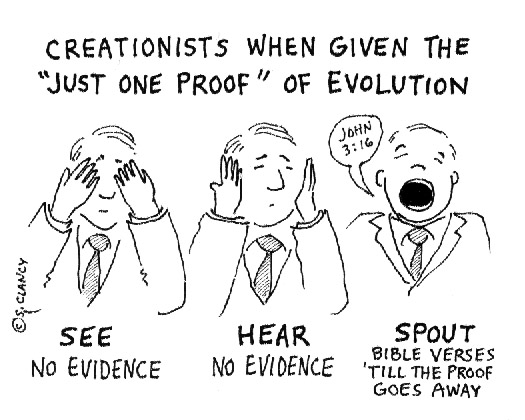MeDeFe, I can't believe I actually not only understood most of what you posted (I'm not going to quote the entire post) but I actually appreciated it.
The notion of space time, invented by Einstien and improved by Hawkings raises an interesting notion to our undestanding of everything (which is more than just the universe). If space and time are a function of our universe what is there outside that universe? Is there non-space and non-time? Are there multiple bubbles of universes and do they have an impact on each other?
More over does quantum mechanics imply a universe that is not "real" (real as in the set of rational and irrational numbers that forms a level of infinity known as aleph one) but rather of the level of infinity of the set of counting numbers (or the set of rational numbers which is aleph 0)? If the space is indeed rational is there a "hyper space" inbeetween the rational space which is in fact both rational and irrational? (Remember the old Dr Who epsiode that used the "Transmission Of Matter Through Interstitial Time" plot McGuffin. The idea is similiar.)
And finally if I may for a moment go out into the really deep end what if the dimensional model of the universe isn't the only model that explains and models it. That one can look at the universe as something that is different from a matrix of space time points in which particles are located, but a matrix of particles themselves with some other criteria being used to define them all?
What is the point to all of this? Well the first point is to note that the universe is far more complex than we can currently imagine.
MeDeFe wrote:Specifically point 8, if a mathematical model were to be developed that explained how dimensions and matter could spontaneously pop into existence, would that process then be "god"?
Or if this universe is the result of processes in a different universe, one with completely different physical conditions that (if observable) actually could be shown to have spontaneously "popped into existence". Would that other universe then be "god"?
To some extent I see the notion of god as a lack of phantasy in one respect and an excess of fantasy in an other, everything has to be just so and there has to be an ultimate fundament to rest things on (lack) and this fundament has to have all these fancy features and love us (excess). And nevermind that the second part goes against everything we have observed so far, practically all of the features ascribed to god have only been observed in evolved biological beings that have comparatively well-developed brains, it's almost as far from essential as you can get. But they're ascribed to this supposedly essential deity; how does that deity by default get those features that are the product of a long process? I might be able to imagine dimensions spontaneously appearing, but that boggles my mind.
That deity might have been creating universes all over the place, ours is, as far as is currently known, about 13.7 billion years old and of unknown size, but at any rate damn large. Yet we're supposed to be special and chosen and loved? To me that looks like extremely wishful thinking somewhere beyond the scale of "she didn't spit at me and hit me when I asked if she'd pass the salt, she must be in love with me".
I'm not really sure I follow you on the last part, but I am reminded of the old torture device in the Hithicker's guide to the Galaxy where one was shown the entire universe and at the same time one's place in it as the insignificant nothing that it really is. No you have to go back to the Hawkings model, the notion of the "creation" of the universe is a distraction, the universe "is." Now given that it's hard to prove anything, but if the universe is, is it not reasonable to assume the posibility of the existance of a being who also is ("I am") who in turn is in turn driven to the notion of caring for the other (or in other words a proper definition of "love") and that other may include us? What about hypothetical others? The fact that I don't know doesn't make me immediately discount the notion.
And that is the fundamental difference here. Once you are open to the posibility that it might be possible, once you avoid the false science of not accepting anything you can't immediately prove (which doesn't mean you automatically accept it either) and once you stop using the false strawmen of relativitism we can discuss the nature and implications of free will (within the static space time model) and how it may be possible for something to propagate in spite of our general idiotic tendencies, such as a higher being's love and concern for us in a way that we might not otherwise be thinking of.

































































 are registered trademarks of Backglass Heavy Industries.
are registered trademarks of Backglass Heavy Industries.